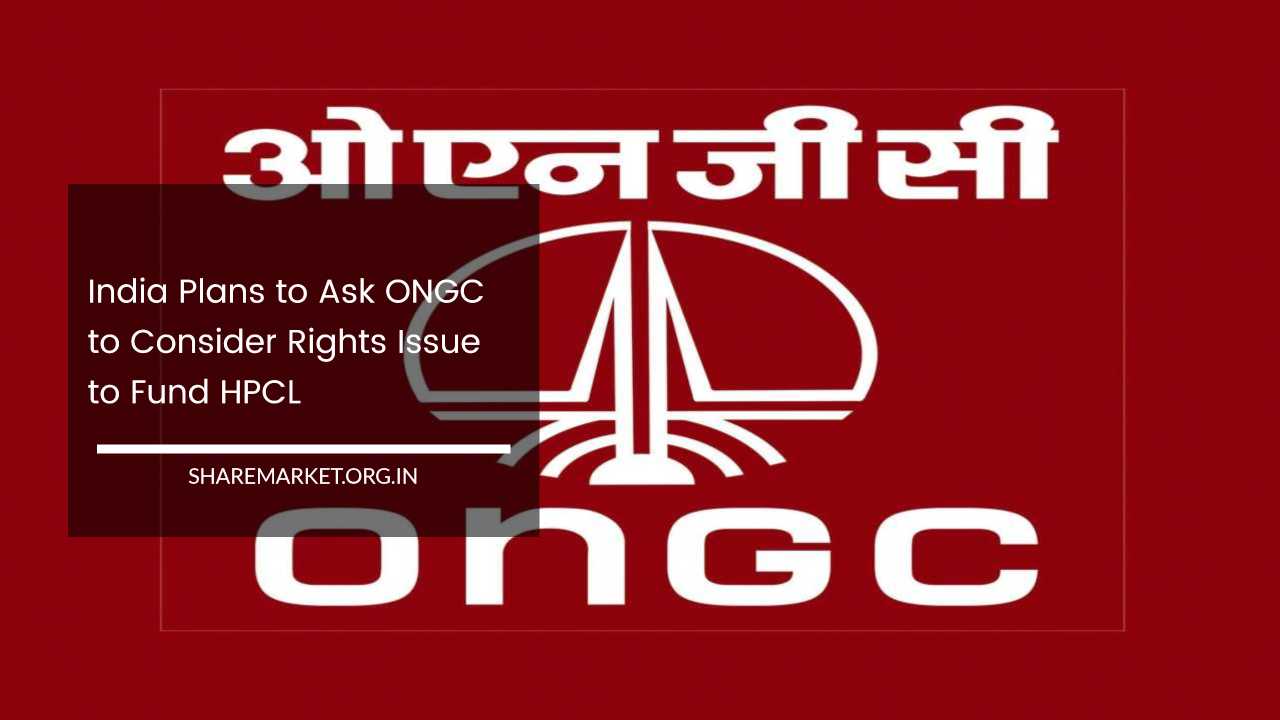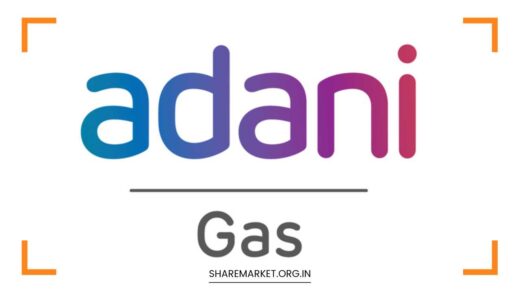India Plans to Ask ONGC to Consider Rights Issue to Fund HPCL

Navigating the Future: India’s Strategic Moves in Oil and Gas Sector Funding for Green Initiatives
The Indian government is currently exploring an innovative funding approach for state-owned enterprises in the oil and gas sector, specifically targeting Hindustan Petroleum Corporation Limited (HPCL).
Recent reports from Reuters suggest that the government is considering urging the Oil and Natural Gas Corporation (ONGC) to initiate a rights issue within HPCL, potentially raising $1.9 billion for green projects.
This move aligns with broader efforts to promote sustainable practices and cleaner energy within the industry.
Background: Government’s Stake in HPCL and ONGC
In 2018, the Indian government divested its 51.1% stake in HPCL, making it a subsidiary of ONGC. Currently, the government holds a 58.93% stake in ONGC.
This historical context sets the stage for the proposed financial maneuvers, indicating a strategic shift in the government’s approach to funding and controlling key players in the oil and gas sector.
Finance Minister’s Vision for Cleaner Energy
Finance Minister Nirmala Sitharaman’s announcement earlier this year outlined a comprehensive plan to provide Rs 300 billion in equity to major state-run oil companies, encouraging them to transition towards cleaner energy sources.
This visionary approach reflects a global trend where environmental considerations play a crucial role in shaping financial strategies and investment decisions.
Options for HPCL: Rights Issue and Preferential Loans
Insiders familiar with the matter reveal that the government is actively exploring various options for HPCL’s funding.
The primary consideration is a rights issue within HPCL, potentially generating significant capital for green initiatives.
In addition to the rights issue, discussions are underway about the possibility of providing direct loans at preferential rates.
These deliberations underscore the government’s commitment to fostering an environment conducive to sustainable practices within the oil and gas sector.
Awaiting Finance Ministry’s Response
The petroleum ministry is presently awaiting a response from the finance ministry regarding ONGC’s proposed rights issue.
Calculations based on previous rights issues by state-owned oil companies estimate ONGC’s potential issue to be around Rs 155 billion ($1.86 billion).
However, the decision-making process is complex, with the government weighing the risks associated with different funding options, particularly regarding ONGC’s stake falling below 50%.
Global Trends in Sustainable Investing
The move towards a potential rights issue for HPCL reflects a broader global trend in sustainable investing. Environmental, social, and governance (ESG) considerations are increasingly influencing decision-making in the financial sector.
By earmarking funds for environmentally conscious initiatives, the Indian government is not only addressing immediate financial needs but also signaling a commitment to fostering a sustainable and resilient economy.
Delayed Rights Issues: IOCL and BPCL
Simultaneously, Indian Oil Corporation Limited (IOCL) and Bharat Petroleum Corporation Limited (BPCL), two other major state-owned oil refiners, have announced rights issues valued at Rs 220 billion and Rs 180 billion, respectively.
The government holds a 51.5% stake in IOCL and a 52.98% stake in BPCL. Delays in these rights issues are attributed to a lack of clarity from the government on how to inject funds into HPCL.
Global Energy Transition and Industry Realignment
While financial restructuring and rights issues are integral to the current narrative, the broader context of the global energy transition cannot be overlooked.
The push towards renewable energy sources and the phasing out of traditional fossil fuels are reshaping the landscape of the oil and gas industry.
Governments and companies worldwide are grappling with the need to adapt to a changing energy paradigm while ensuring a smooth transition that mitigates economic shocks and job displacements.
Balancing Capital Injection and Control
The proposed financial initiatives also highlight the delicate balance the government must strike between injecting much-needed capital and maintaining control.
The initial plan to infuse funds into HPCL through preferential share allotment was reconsidered due to the associated risk of ONGC’s stake falling below the critical 50% mark.
This risk could potentially undermine the government’s indirect control over HPCL, emphasizing the nuanced decision-making required in managing state-owned enterprises.
Final Remarks: Shaping the Future of India’s Energy Landscape
In conclusion, the government’s consideration of a rights issue within HPCL reflects a multifaceted approach to addressing the financial needs of state-owned enterprises in the oil and gas sector.
The proposed funding initiatives align with global trends towards sustainable and responsible investing, signaling India’s commitment to environmental stewardship.
The government’s response to ONGC’s proposal and the resolution of delayed rights issues for IOCL and BPCL will be key indicators of India’s strategic direction in navigating the evolving landscape of the energy transition.
As the world grapples with the imperative of balancing economic growth with environmental sustainability, the decisions made in the boardrooms and ministries of India’s oil and gas sector will undoubtedly play a crucial role in shaping the future trajectory of the industry and the nation’s commitment to a greener and more sustainable future.
The proposed financial maneuvers stand as a testament to India’s resolve to not only meet immediate financial needs but also to pioneer a path towards a more sustainable and resilient energy landscape.

















